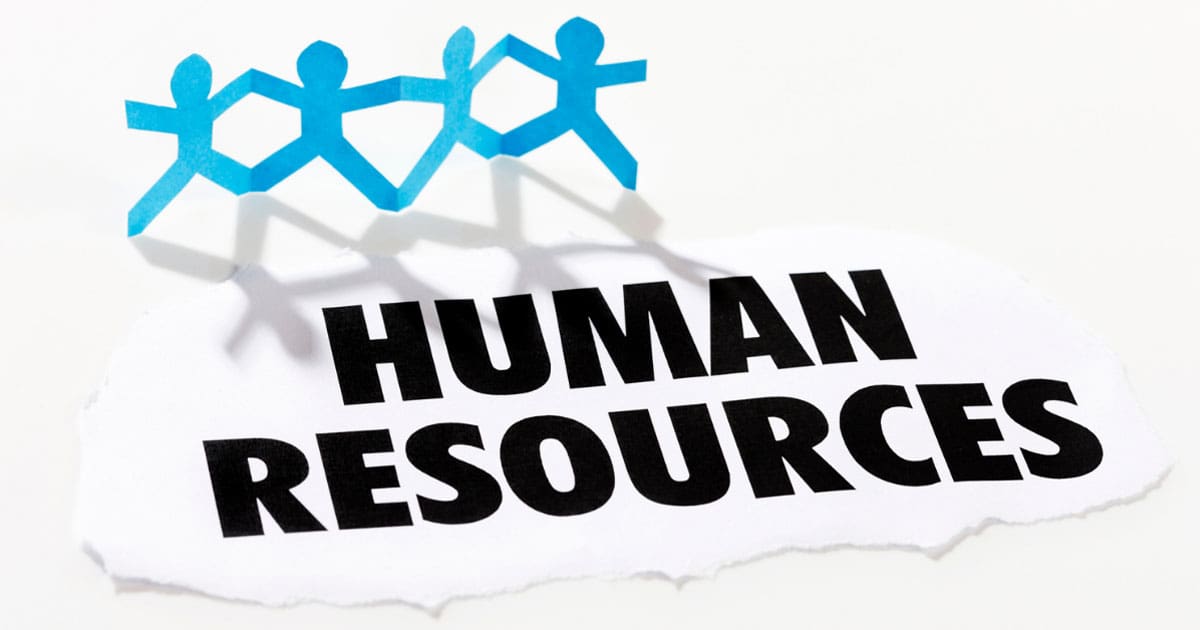The Importance of Diversity and Inclusion in the Workplace

Human Resources (HR) is a crucial function within organizations, tasked with managing the workforce and ensuring that all people-related processes run efficiently. The scope of HR responsibilities covers a wide range, including recruitment, employee development 人力資源系統, performance management, legal compliance, and fostering a positive workplace culture.
The recruitment process is fundamental to HR, beginning with identifying the organization’s needs and attracting qualified candidates. This involves crafting job descriptions, posting advertisements, and utilizing various channels such as social media and recruitment agencies to reach potential hires. Effective recruitment ensures that the organization not only fills positions but also aligns new employees with its values and long-term goals. Selecting the right candidates is vital for building a strong and capable team that can drive the organization’s success.
Onboarding and training are subsequent critical areas of HR. Onboarding involves integrating new employees into the company, helping them understand their roles, and acclimating them to the company culture. A well-structured onboarding process is essential for new hires to feel welcomed and supported, which can significantly influence their long-term success and job satisfaction. Ongoing training and professional development are also crucial for employee growth. HR facilitates various learning opportunities, including workshops, seminars, and online courses, to help employees advance their skills and careers. This continuous investment in employee development benefits both the individual and the organization by enhancing capabilities and fostering a motivated workforce.
Performance management is another key responsibility of HR, involving the establishment of clear performance expectations, regular feedback, and performance evaluations. Effective performance management helps in identifying high performers, addressing areas of improvement, and aligning individual objectives with organizational goals. Recognizing and rewarding good performance helps in maintaining motivation and fostering a culture of excellence. Additionally, managing employee relations, handling grievances, and resolving conflicts are essential to maintaining a positive and productive work environment.
Compliance with labor laws and regulations is a significant aspect of HR’s role. This includes ensuring adherence to laws related to wages, working hours, health and safety, and anti-discrimination. HR professionals must stay informed about changes in legislation and implement appropriate policies to avoid legal issues and ensure fair treatment of employees. Compliance helps protect the organization from potential legal risks and contributes to a fair and just workplace.
Managing employee benefits and compensation is also a critical function of HR. This involves designing and administering benefits packages, which may include health insurance, retirement plans, and various perks. Offering competitive compensation and benefits is essential for attracting and retaining talented employees. HR must balance the need to provide attractive benefits with budgetary constraints, ensuring that the compensation structure is fair and sustainable.
Creating and maintaining a positive workplace culture is another important responsibility for HR. This involves fostering an environment where employees feel valued, engaged, and motivated. HR initiatives such as team-building activities, employee recognition programs, and wellness initiatives contribute to a positive organizational culture. A strong workplace culture enhances job satisfaction, reduces turnover, and improves overall productivity.
Additionally, HR plays a role in managing organizational change, whether it involves mergers, acquisitions, restructuring, or new technologies. HR professionals help facilitate smooth transitions by communicating changes effectively, providing support and training, and addressing any concerns or resistance. Effective change management minimizes disruptions and ensures that employees remain aligned with the organization’s evolving goals.
In today’s diverse and globalized work environment, HR also focuses on promoting diversity and inclusion. Ensuring a diverse workforce and creating an inclusive environment where everyone feels respected and valued enhances creativity and innovation, contributing to the overall success of the organization.